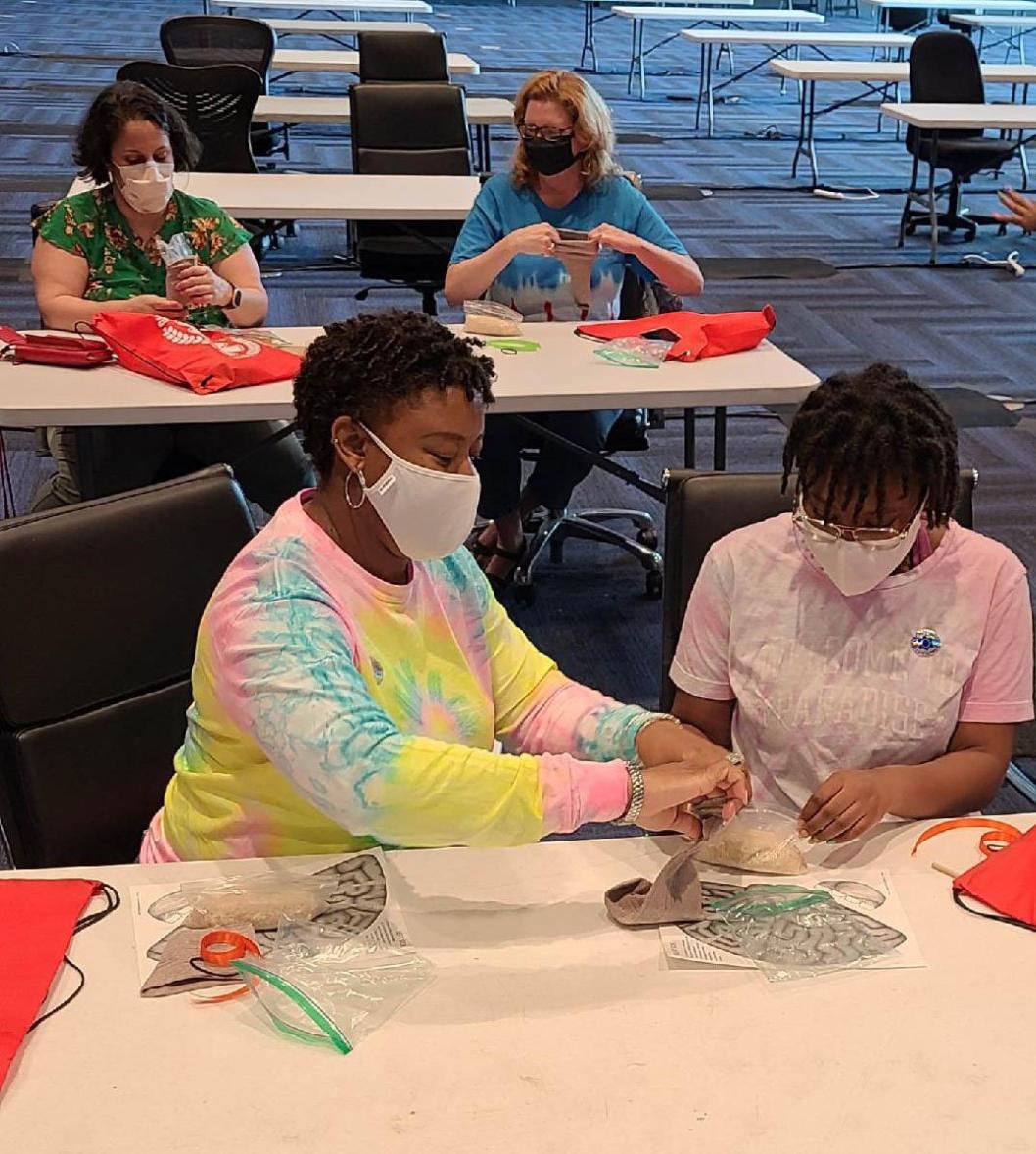What Are the Different Types of Neuroscience Careers?
Neuroscience, the study of the nervous system, is a rapidly growing field that offers a wide range of career opportunities. With its interdisciplinary nature, neuroscience combines elements of biology, psychology, chemistry, and even engineering, making it an exciting and challenging field for those interested in understanding the brain and its functions.

Research-Oriented Neuroscience Careers
Research in neuroscience is a fundamental aspect of the field, and it plays a crucial role in advancing our understanding of the brain and nervous system. There are three main types of research careers in neuroscience:
Basic Research:
- Involves studying the fundamental principles of the nervous system, including how neurons communicate, how brain circuits process information, and how the brain controls behavior.
- Basic research aims to expand our knowledge of the brain and its functions, providing the foundation for clinical and translational research.
Clinical Research:
- Focuses on investigating neurological disorders and developing new treatments and interventions.
- Clinical researchers work closely with patients to study the causes, symptoms, and progression of neurological diseases, such as Alzheimer's disease, Parkinson's disease, and epilepsy.
Translational Research:
- Bridges the gap between basic and clinical research by applying research findings to clinical practice.
- Translational researchers work to develop new diagnostic tools, therapies, and interventions based on basic research findings, aiming to improve patient outcomes.
Clinical Neuroscience Careers
Clinical neuroscience involves the application of neuroscience knowledge to the diagnosis and treatment of neurological disorders. There are several clinical careers in neuroscience, including:
Neurologist:
- Neurologists diagnose and treat neurological disorders, such as stroke, multiple sclerosis, and epilepsy.
- They manage patient care, prescribe medications, and provide therapies to alleviate symptoms and improve patients' quality of life.
Neurosurgeon:
- Neurosurgeons perform surgery on the brain and nervous system to treat neurological conditions, such as brain tumors, aneurysms, and spinal cord injuries.
- They use specialized surgical techniques to remove lesions, repair damaged tissue, and alleviate pressure on the brain or spinal cord.
Neuropsychologist:
- Neuropsychologists evaluate and treat cognitive and behavioral problems resulting from brain injury, disease, or developmental disorders.
- They conduct neuropsychological assessments to identify cognitive deficits and provide therapy to improve cognitive function and overall well-being.
Psychiatrist:
- Psychiatrists diagnose and treat mental illnesses, such as depression, anxiety, and schizophrenia.
- They use a combination of psychotherapy and medication to help patients manage their symptoms and improve their mental health.
Other Neuroscience Careers
In addition to research and clinical careers, there are numerous non-research and clinical career opportunities in neuroscience, including:
Neuroscience Educator:
- Neuroscience educators teach neuroscience at various levels, from high school to university.
- They develop educational materials and programs to help students understand the brain and nervous system.
Neuroscience Writer:
- Neuroscience writers write articles, books, and blogs about neuroscience, making complex scientific concepts accessible to the general public.
- They play a crucial role in communicating neuroscience research to a broader audience.
Neuroscience Policy Advisor:
- Neuroscience policy advisors advise policymakers on neuroscience-related issues, such as funding for research, ethical considerations, and the impact of neuroscience on society.
- They help shape policies that impact neuroscience research and practice.
Neuroscience Industry Professional:
- Neuroscience industry professionals work in the pharmaceutical, biotechnology, or medical device industries, applying neuroscience knowledge to product development and marketing.
- They play a role in developing new drugs, treatments, and technologies that benefit patients with neurological disorders.

The field of neuroscience offers a diverse range of career opportunities, providing individuals with the chance to contribute to our understanding of the brain and nervous system, develop new treatments for neurological disorders, and apply neuroscience knowledge to various fields. Whether you are interested in research, clinical practice, education, writing, policy, or industry, there is a career path in neuroscience that can match your interests and skills.
If you are fascinated by the brain and its mysteries, consider exploring the exciting world of neuroscience. With its interdisciplinary nature and the potential to make a real difference in people's lives, neuroscience is a rewarding and fulfilling field that offers endless opportunities for growth and discovery.

YesNo

Leave a Reply